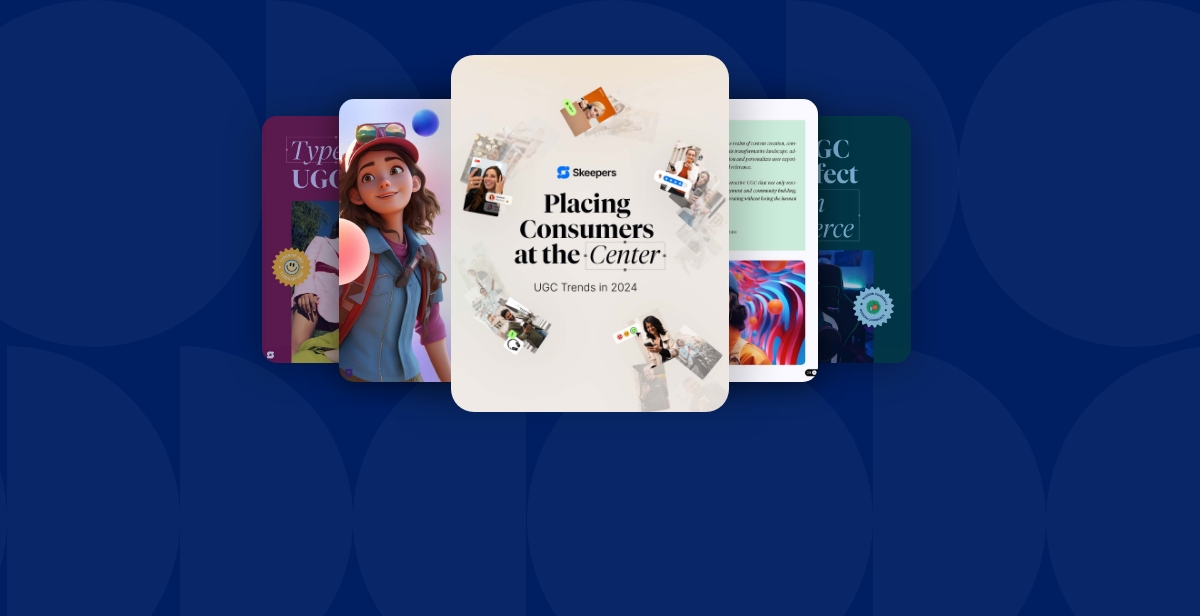The Net Promoter Score (NPS) is the magic number that answers the question, “how likely are you to refer us to a colleague?” NPS, called the “one number you need to grow”, has been popularized by companies like Apple, and has been adopted as a standard metric for benchmarking a company’s performance. It aims to...
The Net Promoter Score (NPS) is the magic number that answers the question, “how likely are you to refer us to a colleague?” NPS, called the “one number you need to grow”, has been popularized by companies like Apple, and has been adopted as a standard metric for benchmarking a company’s performance. It aims to measure customer sentiment towards a company and can be used as a leading indicator of growth. According to Bain and Company, companies with the most customer loyalty and highest NPS scores outgrow competitors by at least two-to-one.
Building Loyalty
The NPS is, essentially, a loyalty metric, helping business’s understand their customer interactions and, more specifically, how likely customers are to recommend a business to others. It’s well established that word of mouth recommendations, coming from people we trust, are still the most valuable form of marketing.
Generally, customers who come from referrals are both more profitable and more loyal. One study has revealed that customers recommended to a business are 18% more likely to stay with the business than are other customers: “People tend to have a stronger attachment to an organization if their friends or acquaintances share a bond to the same establishment.” Therefore, identifying and growing your number of brand promoters – people who are willing to say good things about you – can produce enormous positive outcomes.
Gathering Valuable and Actionable Insights
A different study shows that 23% of customers who have had a positive service interaction will typically tell 10 or more people about it. At the same time,
48% of customers who have had a negative experience also tell 10 or more people. The NPS will provide valuable insights into the sentiments of both types of customers.
The NPS will give you an idea of how many brand promoters you have and what your organization is getting right to keep people coming back for more. Insights from brand detractors, those who give the lowest scores, are equally valuable. Identifying those who aren’t willing to recommend you helps you better understand what you need to change to build a better business. Determining who these people are is also good for understanding if certain customers just aren’t a good fit for your business.
In fact, you will likely learn the most from this group. Solving problems or streamlining services based on feedback they provide could turn your critics into a valuable brand enthusiast. As NPS creator, Fred Reichheld wrote, “Every detractor represents a missed opportunity to add a promoter to the customer population, one more unpaid salesperson to market your product or service and generate growth.” In other words, just because some of your customers are unhappy now doesn’t mean they have to stay that way.
Simplifying Customer Feedback
Therefore, the two most important questions you can ask your customers are:
- How likely are you to recommend us to a friend or colleague?
- What is the most important reason for your score?
Responses to the first question fall on a scale of 0 – 10 where 10 is ‘extremely likely’.
Responses are segmented into three groups: detractors (0 to 6), passives (7 to 8) and promoters (9 to 10).
The second follow-up question provides more specific insights. Leaving this question deliberately open-ended means you can stop guessing at what you think is important for customers. Great product? Great value? Great customer support? Maybe none of the above? Just let them tell you what they really think. Whatever the reason, the follow-up question will extract feedback that you can use to turn detractors into promoters, and promoters into brand evangelists.
Growing Your Business
You are likely to see a higher response rate, given the short and simple nature of the NPS survey. Answering the questions places little or no burden on customers, given that they are never asked to answer more than just the two core questions and both questions are always clean and direct.
Asking these questions can help develop businesses of any size. Every business owner needs customers to spread positive word-of-mouth about the products and services they provide so it’s important to pay attention to how customers actually feel. Gathering NPS feedback, and acting on that feedback, will enable your business to generate more brand advocates which will lead to more growth.








